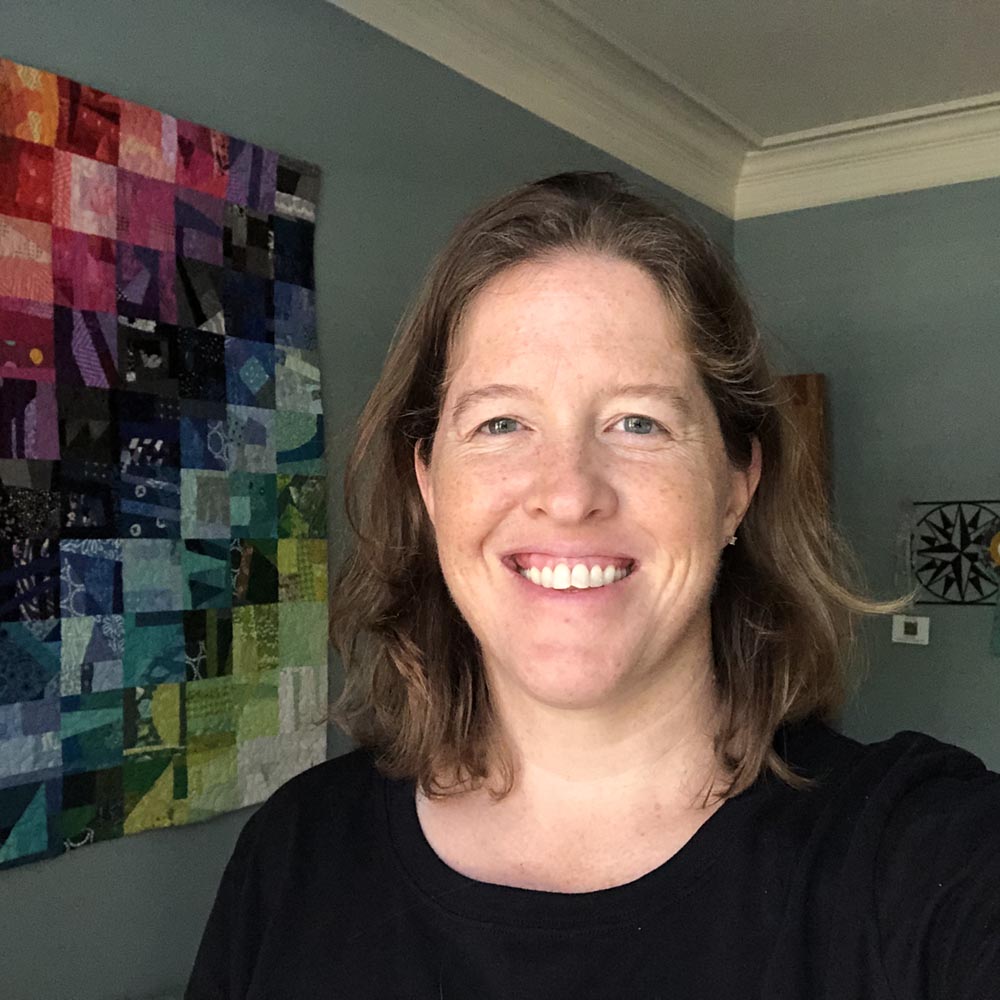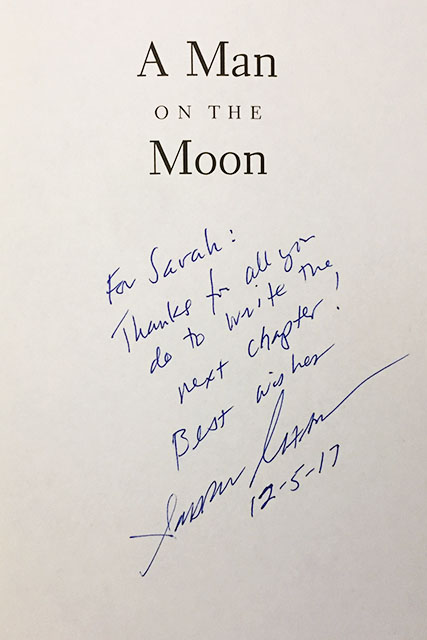(Nearly a year ago, I wrote down some thoughts about my job — part 1 and part 2 — and where I want my career to go from here. When I left off then, I was struggling through the first half of a partial work rotation to the JSC Public Affairs Office. My career uncertainty continues, so I figured it was time for another post…or two…of navel-gazing.)
The end of June brought the official end of my year-long commitment to spend 50% of my time working on social media strategy for the JSC Public Affairs Office. Since then I’ve moved on to two other rotational jobs — five months with the ISS Chief Safety Officers, which ends next week, and three months as the acting lead for my group while our usual lead is working on a special assignment, which runs through the end of November.
After 3 rotations in 16 months, I’ve started to joke that my long term plan is just to continue an endless series of rotations, but the truth is that I really like them. I appreciate the opportunity to try something new…while holding on to the “safety net” of a short, well-defined period of time. Still, these temporary assignments have forced another bout of contemplation about where I want to be in 1 year, 5 years, 10 years.
Overall, working in Public Affairs was an interesting an eye-opening experience. I have always been interested in NASA’s media and outreach activities and I don’t regret taking the opportunity; however, I also can’t say with confidence that I produced anything truly worthwhile for them. This realization is both personally and professionally disappointing…and yet not entirely unfamiliar.
In the 15+ years of my career, I’ve had several jobs. When I’m being honest with myself, I have to admit that my performance has been all over the map. I am an awesome safety engineer (my current job) and was awesome at supporting the Chief Safety Officers this summer. But I just plain sucked at working in PAO. Looking over my other roles, I’d say I was an average coop student and trajectory analyst (1997-2006), a slightly above average Rendezvous Officer (2006-2011), and an awesome ARD Support Officer (2005-2010).
So I’ve been thinking a lot lately about why some roles have been a good fit and others haven’t, and pondering my strengths and weaknesses. Not in the superficial way people do when preparing for an interview, and not what I WISH were my strengths and weaknesses, but what they really, truly ARE.
So what are NOT my strengths? Defining my own job, for one. I need some structure in my role, and some clear direction on what needs to be accomplished. When I am left to find work on my own, or define what my job should be, I flounder.
I also work poorly when I don’t feel valued, or when I feel like no one cares about what I’m doing. There are people whose work ethic allows them to plug away no matter what is happening around them, but I am not one of those people.
I’m not good at working on projects that are 5 or 10 years down the road (and NASA always has a lot of projects that are 5 or 10 years away). This means I will likely never work on the development of a program, and that has some negatives from a career perspective since it eliminates the possibility of rising up through the ranks of a given organization. Still, I’d much rather be involved in what’s happening now — hence my jump from space shuttle to space station rather than hang out waiting to operate NASA’s next manned vehicle when it finally arrives at the launch pad in 2020ish.
I’m not good at speaking up if I’m not close to 100% certain that what I’m saying is correct. Nobody likes to be wrong, of course, but I mention it because that type of thinking affects what type of job at NASA at which I can excel. This is part of the reason I feel like I was a really good ARD Support Officer (a back room role in Mission Control) but only an average Rendezvous Officer (which was in the front room with a lot more responsibility). My role as an ARD was very formulaic — there was little room for debate about what needed to be done given any particular set of circumstances, so I was always very confident in my calls even under pressure. The scenarios faced in my Rendezvous role were often more nebulous, and I was sometimes less certain and therefore less confident in a role that requires a LOT of confidence.
On the flip side, I am really good at speaking up when I know I’m right. (Perhaps that is obvious, but it is worth stating anyway.) I am also REALLY good at taking technical information, assessing it, understanding it, and then communicating it clearly and concisely, both in writing and verbally. This is perhaps my biggest strength of all — and my current job in Safety requires a lot of this, which is a happy coincidence.
I’m good at jobs that involve working with other people, and not good when I’m sitting alone at my desk all day. As much as I might gripe about meetings from time to time, I nearly always prefer a day full of meetings over a day without a single one.
And although I’m not good at creating my job from scratch, I AM good at figuring out how to do things once I’ve been given the broader bounds within which to work. I’m also good at doing things when I have specific, concrete, and time-based goals.
So here I am, at 36 years old, trying to figure out once and for all what I’m good at and what I’m not, and use that to determine what forward paths might be a good fit for me. No pressure, right?
(to be continued…)








now this post, I really relate to right now.